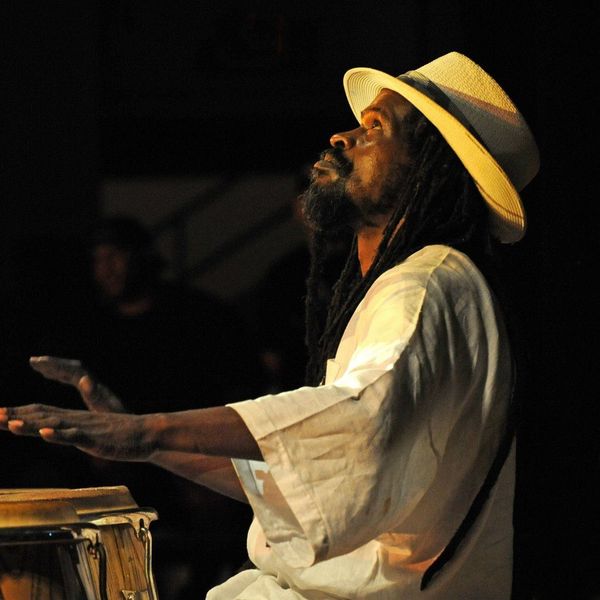The US prides itself of defending the 1st amendment’s five freedoms, but the reality of the situation is that it looks mostly good on paper but at face value it does not really mean much. In practice, 1st amendment freedoms seem to be recognized on the basis of gender and race.
As I was studying early morning on February 14 at Saxby’s on Drexel’s campus, only few customers including myself were working quietly on their laptops when an African American man came into the coffee shop for 15 minutes and started “preaching” about how poor he was, how his wife passed, and how he was a single father of a 12 year-old child. He started walking around the cafe speaking and mumbling about those issues without any aggressiveness. It was more of a loud public rant criticizing college students about their social status while people in his situation had to strive to survive.
Reactions were that people ignored him and avoided eye contact. One of the male baristas who was African American calmly asked him to leave and after a couple of minutes he patiently warned he would call the police so the man left and shook his hand.
From a witness perspective there is a lot of irrational fear which accumulates after such an encounter. Fear of being physically assaulted more than actually censoring him of what he wanted to say about people around him. In the sense that the barista decided to silence this intruder by asking him to leave on the premise that he would scare customers away due to the way he dressed and spoke to the people not on the actual content of his speech. For example, at some point he gestured toward where I was sitting and mumbled something about me not needing a passport to study in the US.
When spontaneous situations such as those occur, it provokes fear or a feeling of violation of personal space which drives us to want to silence someone speaking his mind in a non-aggressive way.
“My sincere reaction to the man would have been to be scared. People at a coffee shop like Saxbys are either doing some form of work, sitting quietly, or talking about mundane topics -- and for a man to walk in shouting, that'll make everyone extremely uncomfortable,” said George Fortin, communications major and Saxby’s regular customer.
Fortin added that “people have a fear or uneasiness to homeless people when they're walking through the street, that'd make them feel even more unsafe,” and he concluded that the barista did the right thing to ask the man to leave, because while he does have the right to freedom of speech, he went into a private business and “started making a wreck, which is against the law,” he said. Fortin held that the employees had the right to make him leave because a Saxbys “is not the right medium for loud exclamations about your life or commentary on society -- people go in there for the smooth, tranquil, almost pretended atmosphere of chill and classiness,” he said.
On the other hand, “I think he shouldn't have been asked to leave, “ said Ramsha Ahmad, English major and Saxby’s regular customer.
“I have experienced something like this before in a restaurant setting but the man seemed as though he might have gotten violent because he was also screaming profanities at people like what are you looking at and all that. But I think this says that our sense of free speech is very limited and in some cases like this it's only if it's "comfortable" and not imposing on us. “this says a lot about privilege in America and the sense of entitlement people have,” said Ahmad.
Nathan Footman, Drexel Saxby’s cafe executive officer, did not wish to comment on the event.
This experience presupposes, beyond the idea of the first amendment right’s legal interpretation, there is also subtle social factors which make freedom of speech more or less accessible. In the sense that, in spite of the circumstances, if it would have been someone from another ethnicity or status doing acting the same way, reactions would have been different.
Another good example of racially biased censorship, is Facebook accused of banning posts by the ACLU. Recently, this year there has been "uneven application" of Facebook's community standards and drawbacks that come with relying on users to report abusive content mentioned a Business Insider article. "This pattern of censorship represents a double standard, one that seems to be addressed only through direct activist intervention or significant media attention," the groups wrote.
Therefore, even though the two events are different in context, the nature of what the people said weren’t as different. The article hits straight on the point that there is a double standard to free speech.





















